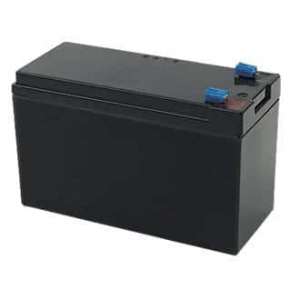While lithium batteries have become increasingly popular and are widely used in many applications, it’s unlikely that they will completely replace lead-acid batteries in all applications. Each type of battery has its own set of advantages and disadvantages, and the choice between lithium-ion and lead-acid depends on the specific requirements of the application.
- Energy Density: Lithium batteries generally have higher energy density than lead-acid batteries. This means they can store more energy in a smaller and lighter package, making them preferable for applications where weight and size are critical, such as in electric vehicles and portable electronics.
- Cycle Life: Lithium batteries typically have a longer cycle life compared to lead-acid batteries. They can undergo more charge-discharge cycles before their capacity significantly degrades. This makes lithium-ion batteries suitable for applications where frequent cycling is expected, such as in renewable energy storage systems.
- Maintenance and Self-Discharge: Lead-acid batteries are known for their low self-discharge rates and simplicity, requiring minimal maintenance. In some stationary applications, where low self-discharge and low maintenance are important factors, lead-acid batteries may still be a preferred choice.
- Cost: Lead-acid batteries are generally less expensive than lithium batteries. In applications where cost is a critical factor and high energy density is not a requirement, lead-acid batteries may remain the more economical choice.
- Environmental Impact: Lithium batteries are often considered more environmentally friendly than lead-acid batteries due to their higher energy density, longer lifespan, and the ability to recycle a higher percentage of their materials. However, recycling technologies for both battery types are continually evolving.
- Temperature Sensitivity: Lead-acid batteries are more tolerant of extreme temperatures compared to lithium batteries. In some applications, where the operating environment involves extreme temperatures, lead-acid batteries may be more suitable.
- Specific Applications: Lead-acid batteries are still commonly used in applications like backup power systems, uninterruptible power supplies (UPS), and certain stationary energy storage setups. They have a well-established presence in these markets, and their reliability in certain conditions continues to make them a viable choice.
In summary, while lithium batteries are becoming more prevalent and are suitable for many applications, lead-acid batteries are likely to maintain their presence, especially in applications where cost, simplicity, and specific operational characteristics are prioritized over factors like energy density and cycle life. The choice between lithium and lead-acid batteries will depend on the specific needs and constraints of the application in question.


